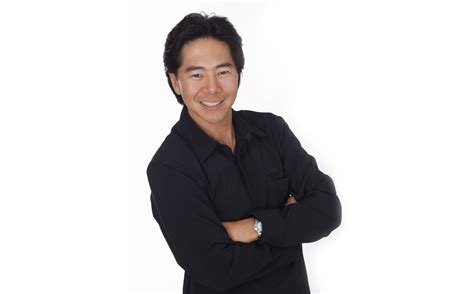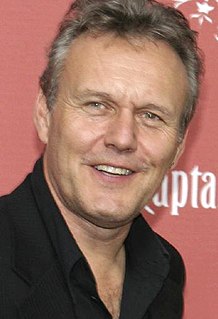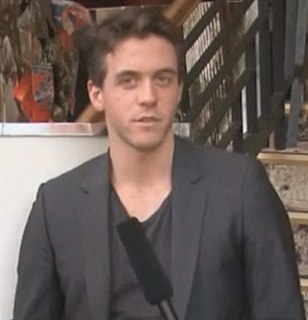A Quote by David Small
I just totally do not believe in this sort of Bart Simpson character who infects so much of our literature and film and TV stuff nowadays, these know-it-all kids who seem to understand the hypocrisy of the adult world so thoroughly and can talk about it with such articulateness. That's bunk.
Related Quotes
There are just certain things you can't talk about with kids. I just totally do not believe in this sort of Bart Simpson character who infects so much of our literature and film and TV stuff nowadays, these know-it-all kids who seem to understand the hypocrisy of the adult world so thoroughly and can talk about it with such articulateness. That's bunk. Kids are kids; they're innocents, they really are. For a long time, no matter what they see, no matter what they're exposed to, they can't get it until they have developed enough.
I think so much of young adult literature sort of gets ghettoized - the title 'young adult' makes people immediately discount it. And just like with books that get written for adults, there is plenty of young adult literature that is bad. But there is also plenty of young adult literature that is brilliant.
I got to college in '99, and I went to study literature and writing, and so within a couple years we had Bush elected, 9/11, we were at war, so I was sort of having my political and spiritual awakening at the same time I was becoming an adult, and that's a lot of stuff at once. I became very focused on the state of the world, and I started studying that stuff more, and I just had a real identity crisis. I couldn't even really just study literature.
I think the fans, if you want to actually learn about us, I think you have to go way more intricate than just what you see on TV, because that's whatever they want to report. But it's just so much going on, and when you talk about being in our world you have to understand we're individuals too. We're not just athletes. No, we're fathers, we're sons. So when you put us through a job shortage you take away everything that we built.


































